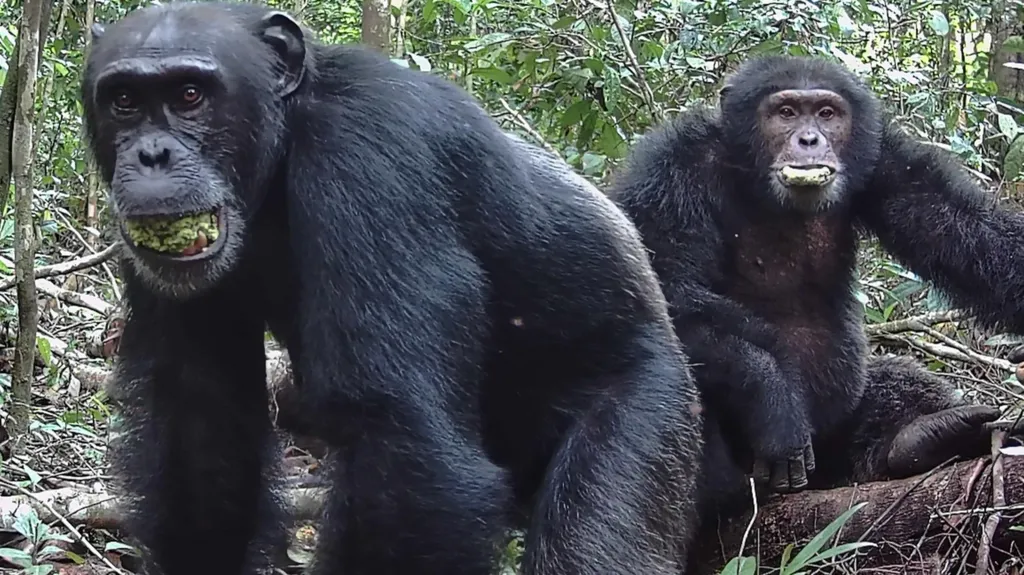Wild chimpanzees may be drinking the equivalent of a bottle of lager every day, according to new research that links primate feeding habits to the origins of human alcohol consumption. The study suggests that our attraction to alcohol could be rooted in the dietary heritage of primate ancestors who relied on ripe, fermented fruits for both nutrition and energy.
Researchers from the University of California, Berkeley, measured alcohol levels in fruits such as figs and plums collected in Côte d’Ivoire and Uganda—regions where wild chimpanzees are known to consume large quantities of fallen, ripened fruit. They found that these fruits often contain ethanol, or pure alcohol, as a byproduct of natural fermentation.
By analyzing both the alcohol content of the fruit and the typical feeding patterns of wild chimpanzees, the team estimated that chimps ingest around 14 grams of ethanol daily. This amount is roughly equivalent to two UK alcohol units, or about one 330ml bottle of lager. Importantly, the chimpanzees were not seeking out alcohol in liquid form but were instead naturally consuming it as part of their fruit-heavy diets.
“The human attraction to alcohol probably arose from this dietary heritage of our common ancestor with chimpanzees,” said study researcher Aleksey Maro. The findings support the “drunken monkey hypothesis,” which proposes that humans’ affinity for alcohol is deeply evolutionary, stemming from early primates’ reliance on fermented fruit as a calorie-rich food source.
The study also revealed that chimpanzees consistently chose fruits with higher ethanol content, suggesting that fermentation not only increases the sweetness of fruit but may also play a role in making it more appealing to animals. This preference could have shaped feeding behavior over evolutionary time.
Although many animals occasionally consume naturally fermented fruit, this research marks the first time scientists have quantified the amount of alcohol wild chimpanzees may be regularly ingesting. It adds weight to the idea that alcohol consumption is not uniquely human, but rather a shared biological legacy.
The findings provide a fresh perspective on the origins of human drinking habits, showing that our complex relationship with alcohol may have started millions of years ago, long before humans first learned to brew beer or wine.



0 Comments